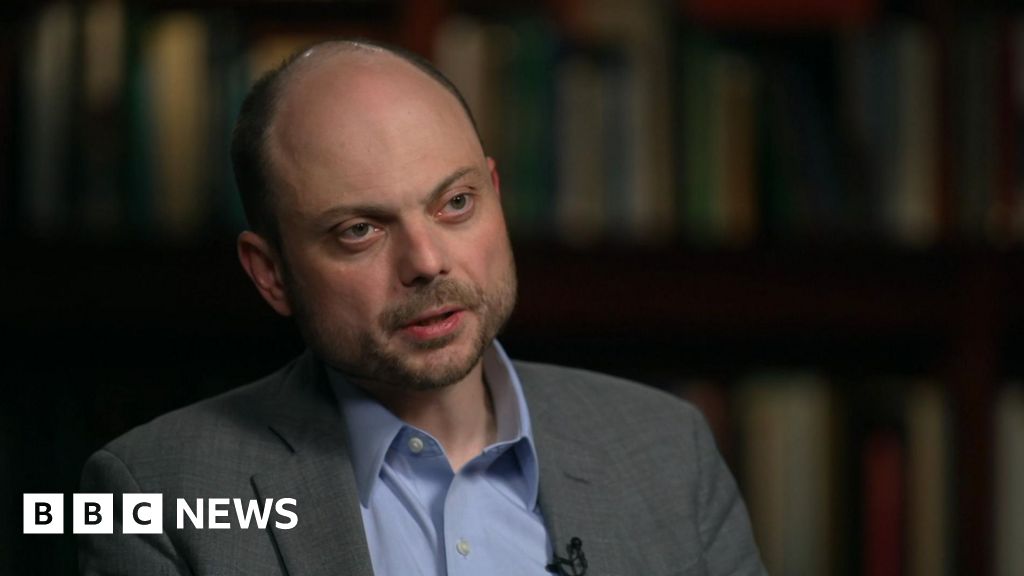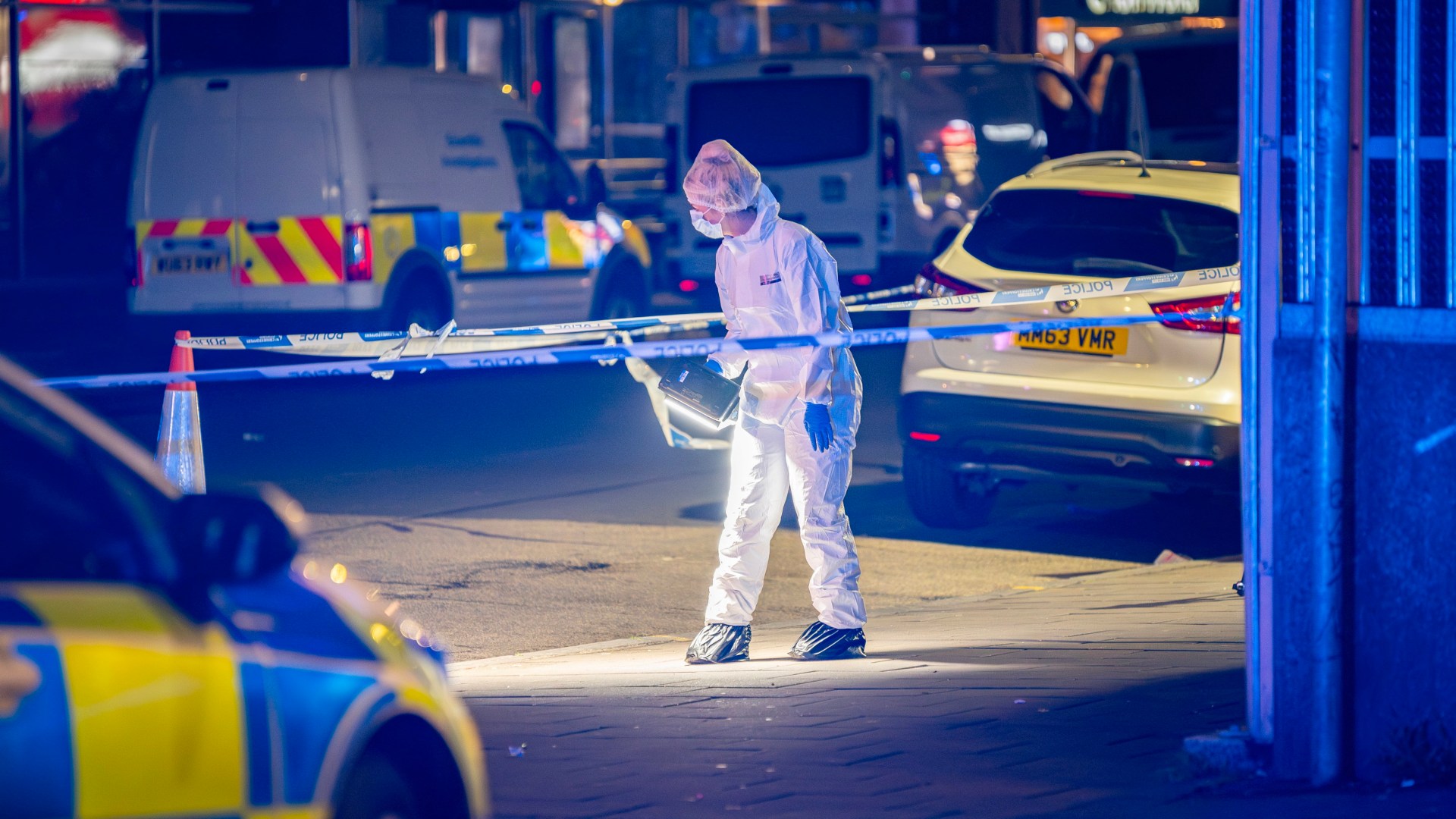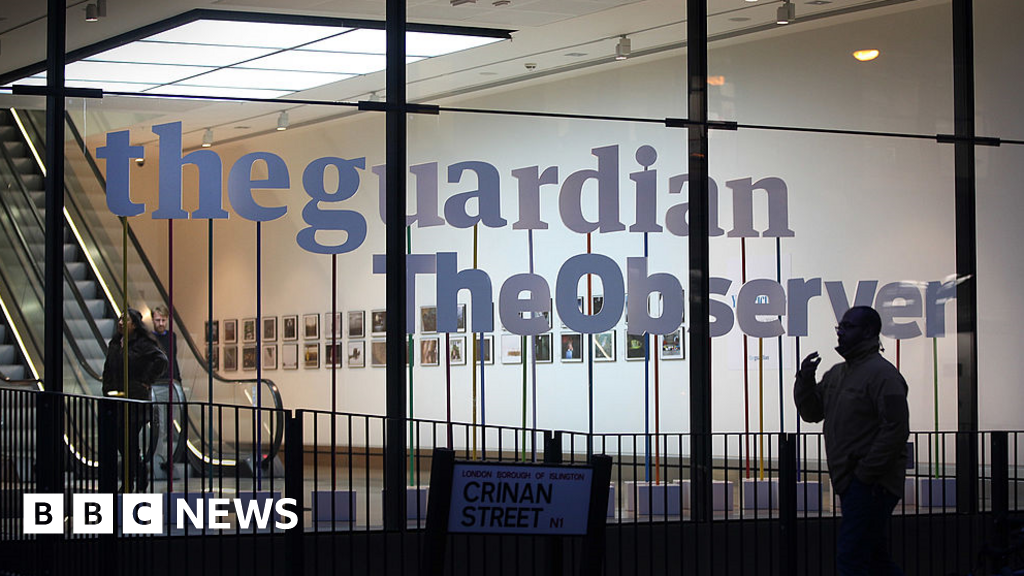Two days after a devastating sabotage operation stunned Hizbollah and plunged its communications network into chaos, one of the militant group’s most senior military leaders called a clandestine meeting of at least 15 elite officers in southern Beirut.
By nightfall the men were dead, killed along with at least 10 civilians in an Israeli air strike on Friday that targeted the residential building in Hizbollah’s heartland where they were meeting in an underground room. The attack dealt a crushing blow that rounded off probably the most calamitous week in the Iranian-backed, Lebanese group’s 40-year history.
Coming so soon after suspected back-to-back Israeli attacks on Tuesday and Wednesday that caused thousands of Hizbollah’s pagers and walkie-talkies to explode, killing at least 37 people and wounding thousands, it reinforced the group’s vulnerability to Israel’s intelligence agencies.
Not only had Israel been able to strike successfully at the heart of Hizbollah’s command and control structures, it also delivered a stinging psychological blow, spreading panic across Lebanon and undermining the credibility of the nation’s dominant political and military force.
“It’s definitely the hardest moment for the organisation since the 1990s,” said Emile Hokayem, director of regional security at the International Institute for Strategic Studies. “Militarily, it’s the biggest blow they’ve suffered so far.”
The question facing Hizbollah, battered and humiliated, is how it responds.
The group has been locked in an intensifying conflict with Israel since it first fired rockets into the Jewish state a day after Hamas’s October 7 attack triggered the war in Gaza. Those clashes, however, have largely been contained to the Lebanese-Israeli border region. Hizbollah has made clear it does not want to be drawn into an all-out war with Israel’s far better equipped military.
But Israel said this week that it was entering a “new phase” of the conflict as it launched the audacious attacks in Beirut and pounded the border region with the heaviest air strikes of the conflict.
Analysts said Hizbollah is facing mounting pressure from its supporters, whose sense of security has been severely diminished, to change tactics and more forcefully repel Israel in a bid to restore its deterrence.
Yet at the same time it is grappling with the aftermath of its most serious security breach in recent history, a severely disrupted communications network and the loss of some of its most senior commanders.
“Hizbollah’s flank is exposed and they know it,” said a person familiar with the group’s thinking. “I don’t think they’ve ever been in such a vulnerable position before and it’s sowing enormous fear and panic. Everyone is wondering at all times, ‘what does Israel have in store for us next?’”
Hizbollah’s response has been muted, with its leader Hassan Nasrallah vowing a familiar refrain of retribution and ordering only a slight uptick in rocket fire at Israel.
The group has acknowledged that two top commanders — including Ibrahim Aqil, the founder of its Radwan Force — were among those killed on Friday.
Israel said it killed the “senior chain of command” of the Radwan, the arm of Hizbollah responsible for cross-border operations into Israel and defending southern Lebanon against a ground invasion.
Aqil’s death means that there are now only two out of the seven original members of the jihad council, Hizbollah’s top military body, left alive, according to two people familiar with the group’s operations.
On top of that, hundreds of their fighters were maimed by the exploding pagers and walkie-talkies.
Experts said that Hizbollah would probably need time to recuperate and therefore may not significantly immediately escalate the conflict.
The group, Iran’s main proxy and one of the world’s most heavily armed non-state actors, still boasts a vast arsenal of rockets and increasingly accurate precision-guided missiles, and tens of thousands of fighters.
During the past 11 months of conflict, it has only deployed a fraction of its capabilities, experts said.
But Israel has spent months targeting its fighters and rocket and missile launchers along the border.
“Hizbollah may be battered and weakened but it is not dead,” said Hokayem. “It’s still a disciplined, motivated organisation with an ethos and an ideology. They can survive.”
The choices facing the group includes raising the stakes with Israel to restore its credibility
“The other option is to suck it up, but Nasrallah was very clear about it, he’s not going to let go of the linkage between [supporting Hamas in] Gaza and Lebanon, because he knows it’s about his political perception and credibility,” he said.
“There’s an additional element, essentially all your detractors no longer see you as all powerful.”
In a front-page story on Saturday, Al Akhbar, a pro-Hizbollah Lebanese newspaper that often reflects the group’s thinking, said the militants would be forced to change tactics.
“What the enemy did yesterday was like closing the curtain on any political chapter related to the ongoing war in the region, and opening the door to a new level of confrontation that will force the resistance [Hizbollah] to adopt new methods,” Al Akhbar wrote.
However, Amal Saad, an academic and Hizbollah expert, said: “No response will restore deterrence, that ship sailed a while ago”.
“The next phase will now be about denying Israel its strategic objectives,” she said, by preventing some 60,000 Israelis displaced from their country’s north from returning home.
“We’re talking about a new way to fight now because it’s a new paradigm, and a new stage in the war,” Saad said, adding that Hizbollah doesn’t have the intelligence capabilities to do respond in kind. “They will probably do something qualitatively different than what they’ve done before.”
That would involve keeping up the tempo of daily cross-border attacks, while trying to avoid mass civilian casualties to avoid giving Israel a pretext to trigger a full-scale war, she said.
Michael Milshtein, a former Israeli intelligence officer, said he believed Israel wanted to push Hizbollah to accept a diplomatic settlement that would force them back from the Israeli border. But he added that it “seems Israel is preparing itself for a broader escalation”.
“Israel really wants to cause damage to the functional and military sphere in Hizbollah,” Milshtein said.
But there are also risks for Israel, particularly if it slid into “a broad escalation, even a regional one, not only in the north, without a strategy”.
“We have already seen in Gaza, the war started well by occupying almost half of Gaza, but now we are in a war of attrition,” Milshtein said.
“I am afraid that without a strategy, we will find ourselves in an unclear war, with heavy prices, a lot of crises with allies, and without very concrete goals. This would be a catastrophe.”

































































































































You must be logged in to post a comment Login